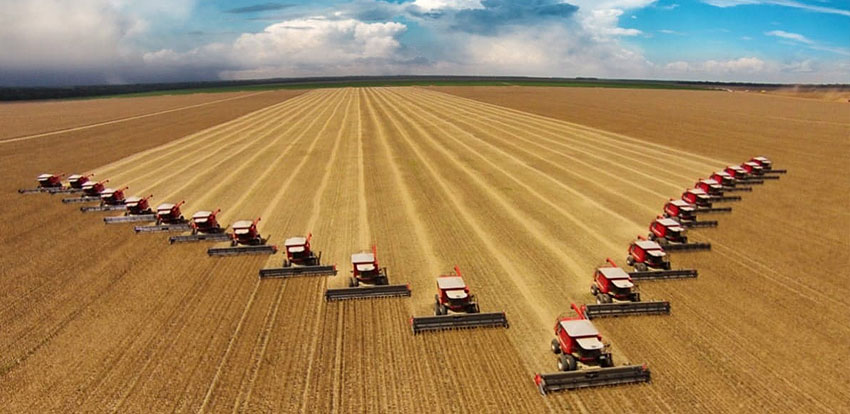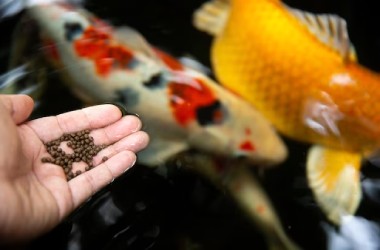
Super-intensive or industrialized food production is a highly mechanized and technologically advanced method to maximize food output. While it has allowed for increased efficiency and scale of food production, there are several reasons why this approach is considered unsustainable for the future:
- Industrialized agriculture relies heavily on finite resources such as water, fossil fuels, and synthetic fertilizers. As these resources are being depleted at an alarming rate, sustaining such intensive practices becomes increasingly challenging in the long run.
- Large-scale industrial farming often leads to deforestation, habitat destruction, and biodiversity loss. Excessive chemical fertilizers and pesticides can also lead to soil degradation and water pollution, harming ecosystems and wildlife.
- The agricultural sector significantly contributes to greenhouse gas emissions, primarily due to intensive livestock farming and the use of fossil fuels. These emissions exacerbate climate change, leading to unpredictable weather patterns, extreme events, and disruptions in food production.
- Industrialized food production is associated with the excessive use of antibiotics in livestock, leading to antibiotic resistance. Additionally, certain farming practices, such as using growth hormones and pesticides, can adversely affect human health when consumed through the food chain.
- Industrial agriculture often favors monoculture and genetically uniform crops, leading to a loss of crop diversity; this can make the food system more vulnerable to diseases and pests, jeopardizing global food security.
- Expanding industrial farming often requires clearing vast land areas, leading to deforestation and the destruction of natural habitats; this contributes to climate change and threatens the survival of many plant and animal species.
- Industrialized food production relies heavily on external inputs, such as genetically modified seeds and synthetic fertilizers. This dependency can make farmers vulnerable to fluctuations in input costs and market prices.
- Intensive livestock farming practices can raise ethical concerns about animal welfare and the humane treatment of animals.
As the global population continues to grow and environmental challenges escalate, there is a need to transition towards more sustainable and regenerative farming practices. These include promoting agroecology, organic farming, permaculture, and practices that focus on minimizing the ecological footprint of food production while ensuring long-term food security and environmental preservation.







.jpg)





